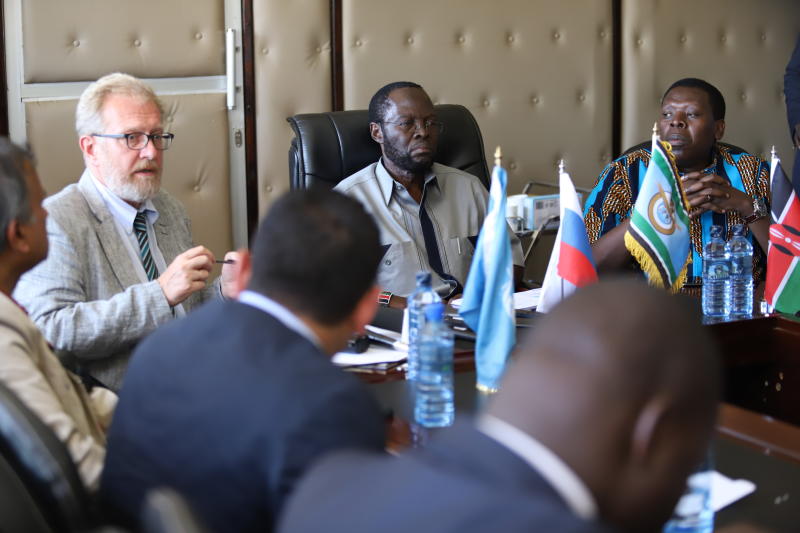×
The Standard e-Paper
Fearless, Trusted News

The Russian government has given Kenya Sh700 million for use in the fight against water hyacinth in Lake Victoria.
The three-year project dubbed “Sustainable Management and Utilisation of Water Hyacinth in Lake Victoria Basin”, which is set to begin immediately, is a result of a successful negotiation between Nairobi and Moscow.